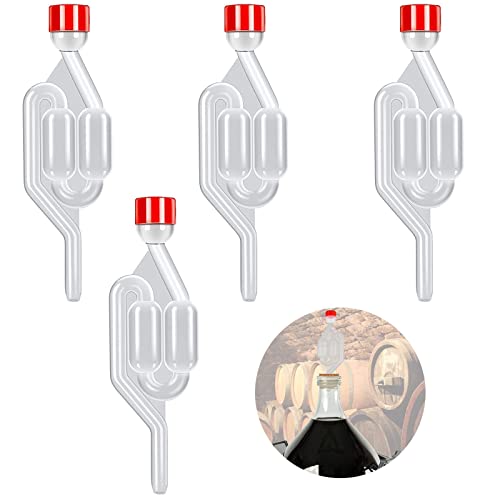- Joined
- Mar 22, 2019
- Messages
- 1,127
- Reaction score
- 572
IN Colchester though i live in Braintree it is still hard water, I think i will try this?
1) In Colchester, we have fairly hard water which often contains high levels of chlorine, so I start by running 25ltrs of tap water into my boiler and adding a level teaspoon of Gypsum, before bringing it to the boil and allowing it to boil for around 30 minutes to drive off the chlorine and help to remove the limescale. If you live in a soft water area, you probably won't need to do this, but the layer of "scum on the water surface in the 4th picture below shows you why I have to do it....
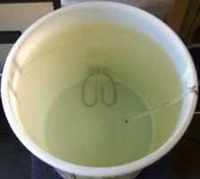
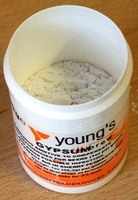
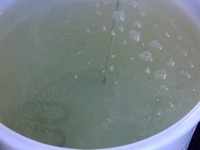
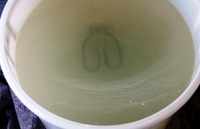
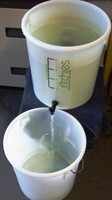
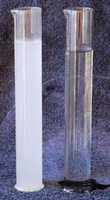
The water is left to cool overnight water to encourage the dissolved limescale (Calcium Carbonate) to drop out of solution. These two trial jars contain the treated water on the right and the sediment filled dregs on the left...
The following morning, the cleared water is run off, leaving the sediment behind. As I am brewing a bitter in this process, a teaspoon of Epsom Salts (Magnesium Sulphate) is now added to the brewing water, or liquor as brewers call it, to increase the pH level to that needed to
1) In Colchester, we have fairly hard water which often contains high levels of chlorine, so I start by running 25ltrs of tap water into my boiler and adding a level teaspoon of Gypsum, before bringing it to the boil and allowing it to boil for around 30 minutes to drive off the chlorine and help to remove the limescale. If you live in a soft water area, you probably won't need to do this, but the layer of "scum on the water surface in the 4th picture below shows you why I have to do it....






The water is left to cool overnight water to encourage the dissolved limescale (Calcium Carbonate) to drop out of solution. These two trial jars contain the treated water on the right and the sediment filled dregs on the left...
The following morning, the cleared water is run off, leaving the sediment behind. As I am brewing a bitter in this process, a teaspoon of Epsom Salts (Magnesium Sulphate) is now added to the brewing water, or liquor as brewers call it, to increase the pH level to that needed to



























